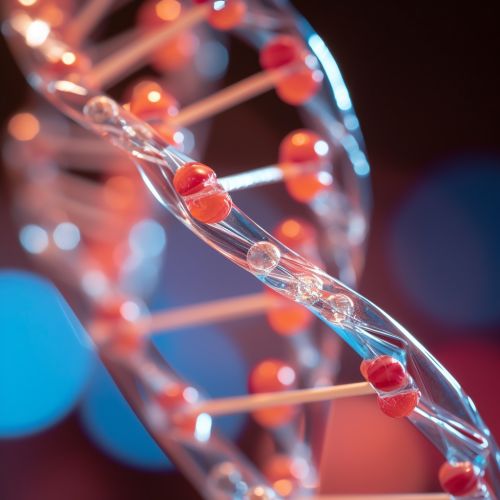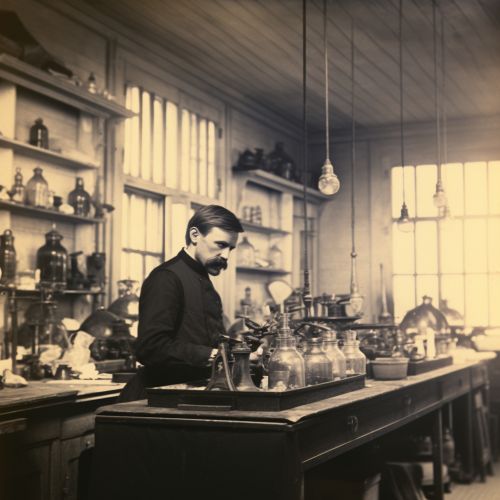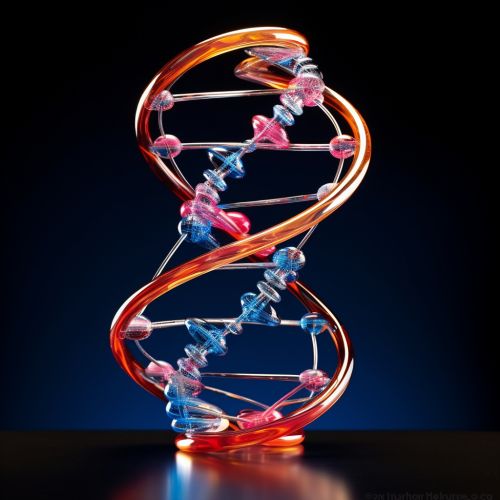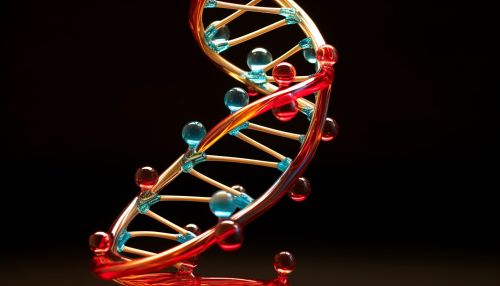Genetics Discussion
Introduction
Genetics is the study of genes, genetic variation, and heredity in living organisms. It is generally considered a field of biology, but intersects frequently with many of life sciences and is strongly linked with the study of information systems. The discovery of genes and their role in the transmission of traits from parent to offspring was a pivotal event in the development of scientific understanding of the nature of life.


History of Genetics
The history of genetics dates back to the ancient world, with the earliest references to traits being passed down from parents to offspring found in the work of various Greek philosophers such as Hippocrates and Aristotle. The modern science of genetics, however, began with the work of the Augustinian friar Gregor Mendel in the mid-19th century.


Gregor Mendel and the Foundation of Genetics
Mendel conducted his famous pea plant experiments between 1856 and 1863, establishing many of the rules of heredity now referred to as Mendelian inheritance. Mendel's experiments showed that traits are passed down from parents to offspring in certain fixed patterns, which he was able to predict with remarkable accuracy.


The Rediscovery of Mendel's Work
Mendel's work was largely ignored during his lifetime, but was rediscovered at the turn of the 20th century. This led to the rapid development of the field of genetics, with scientists such as Thomas Hunt Morgan and his students at the Fly Room at Columbia University making significant contributions to the understanding of genetic inheritance.


Molecular Genetics
Molecular genetics is the field of biology and genetics that studies the structure and function of genes at a molecular level. The study of chromosomes and gene expression of an organism can give insight into heredity, genetic variation, and mutations.
DNA and the Genetic Code
The discovery of Deoxyribonucleic acid (DNA) by James Watson and Francis Crick in 1953, with significant contributions from Rosalind Franklin and Maurice Wilkins, was a groundbreaking moment in genetics. DNA is the molecule that carries the genetic instructions for the development, functioning, growth, and reproduction of all known organisms and many viruses.


Genes and Chromosomes
Genes are segments of DNA located on chromosomes. In humans, genes vary in size from a few hundred DNA bases to more than 2 million bases. The Human Genome Project has estimated that humans have between 20,000 and 25,000 genes. Every person has two copies of each gene, one inherited from each parent.


Genetic Variation and Mutation
Genetic variation is a measure of the genetic differences that exist within a population. Genetic variation is important for the survival and adaptation of a species, as it helps populations evolve and overcome challenges such as disease and climate change.
Genetic Mutation
A genetic mutation is a change in the sequence of a DNA molecule. Mutations can occur in many different ways, such as through the copying errors that can occur when DNA is replicated during cell division.
Genetic Disorders
A genetic disorder is a disease that is caused by an abnormality in an individual's DNA. There are many types of genetic disorders, and they can be caused by various factors, including changes in the number or structure of chromosomes or mutations in genes.
Genetic Testing and Therapy
Genetic testing is a type of medical test that identifies changes in chromosomes, genes, or proteins. The results of a genetic test can confirm or rule out a suspected genetic condition or help determine a person's chance of developing or passing on a genetic disorder.
Gene Therapy
Gene therapy is an experimental technique that uses genes to treat or prevent disease. In the future, this technique may allow doctors to treat a disorder by inserting a gene into a patient’s cells instead of using drugs or surgery.
Conclusion
Genetics is a rapidly advancing field with new discoveries being made regularly. The study of genetics has significant implications for many areas of science and medicine, and its principles are fundamental to understanding life itself.
